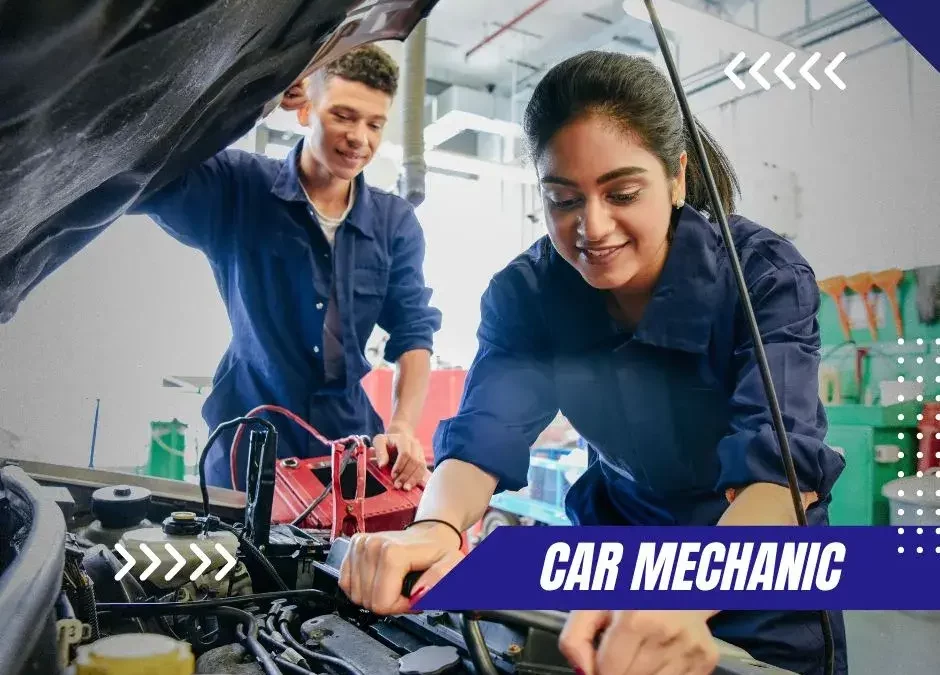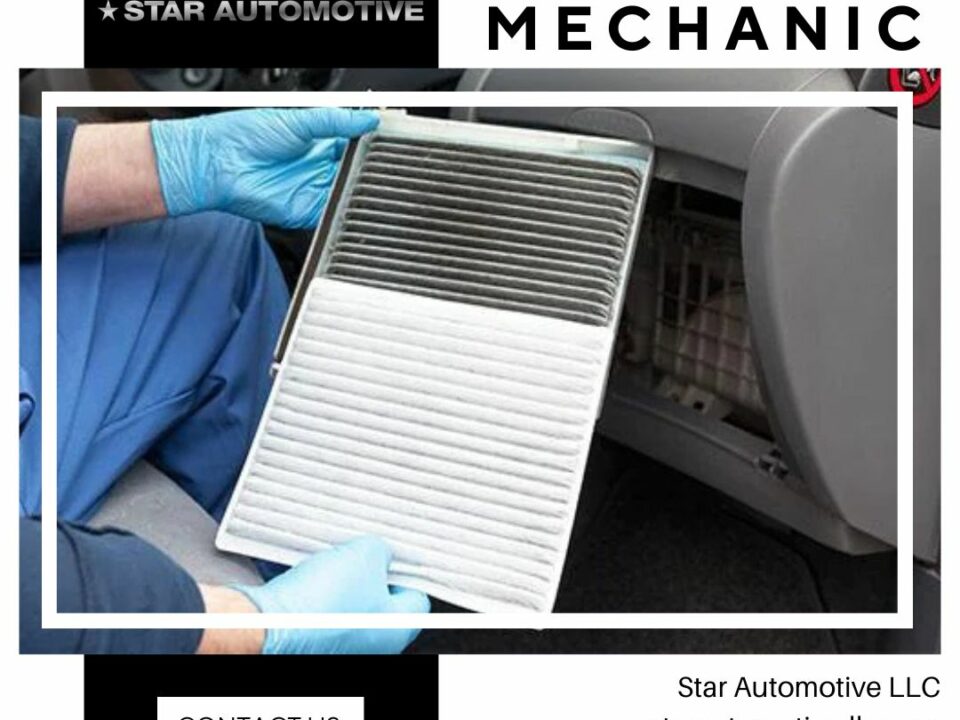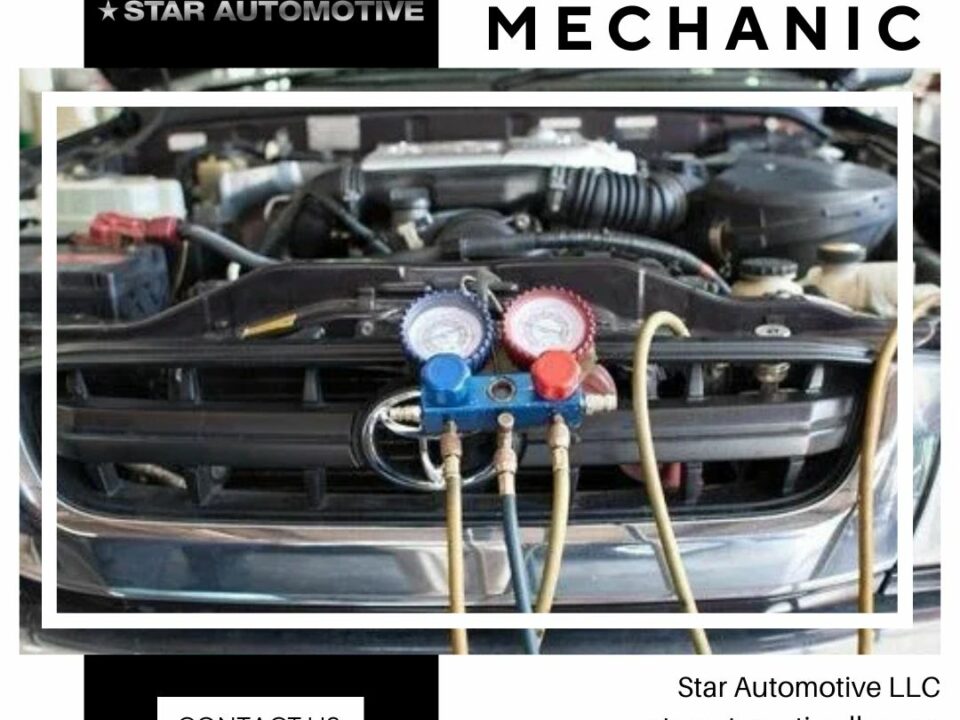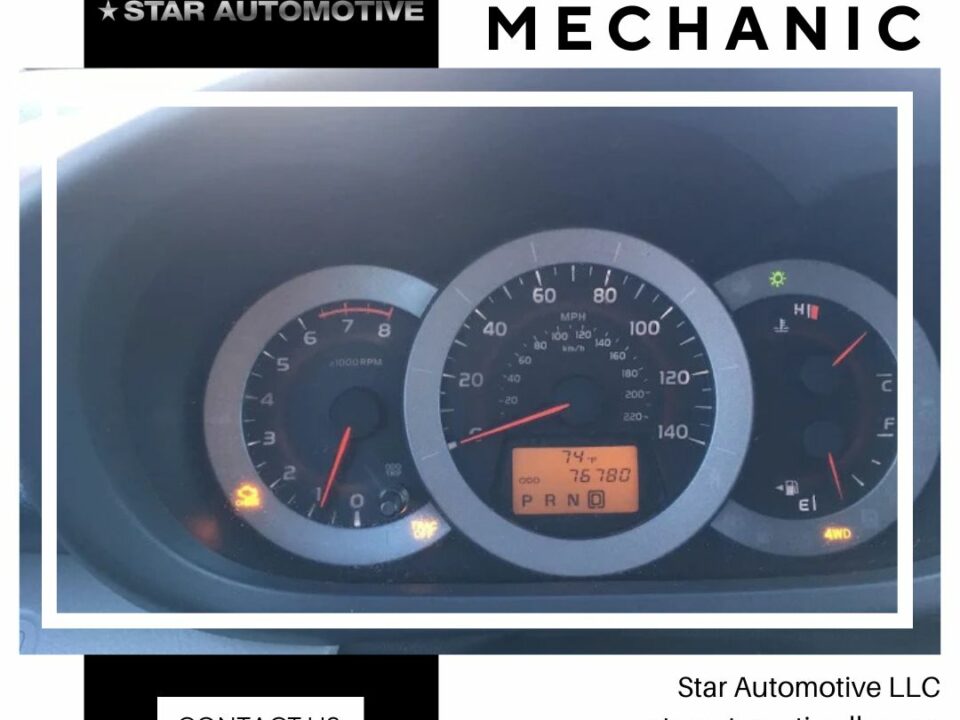
Car Mechanic Essentials: Tools You Can’t Work Without
February 17, 2025
A Guide for a Car Mechanic to Build the Perfect Toolbox
February 17, 2025The automotive industry continues to evolve, with Asian vehicle brands like Toyota, Honda, Nissan, and Hyundai leading the market in reliability and innovation. With millions of these cars on the road, the demand for a skilled car mechanic who specializes in Asian vehicles is higher than ever.
Whether you’re passionate about working on Toyota hybrid systems, Honda VTEC engines, or Nissan’s CVT transmissions, becoming a car mechanic offers a stable and rewarding career. This guide will walk you through the education, training, and certifications needed to build a successful future in automotive repair.
Step 1: Education Requirements for a Car Mechanic
Becoming a car mechanic does not require a traditional four-year college degree, but a solid foundation in automotive technology is essential.
High School Diploma or GED
Most employers prefer candidates with a high school diploma or GED. Taking courses in automotive technology, mathematics, physics, and computer science provides an excellent starting point. Schools with automotive programs allow students to gain hands-on experience before entering formal training.
Vocational or Technical School Programs
Many future car mechanics enroll in vocational schools or community college programs specializing in automotive technology. These programs typically last 6 months to 2 years and cover essential topics such as:
✅ Engine diagnostics and repair (working with Toyota’s 2JZ or Honda’s K-series engines)
✅ Brake and suspension systems (handling issues in Nissan Altima or Hyundai Sonata)
✅ Electrical and electronic systems (troubleshooting Lexus hybrid models)
✅ Computerized vehicle diagnostics (using OBD-II scanners for Mitsubishi and Subaru vehicles)
Some top institutions include the Universal Technical Institute (UTI), Lincoln Tech, and local community colleges, many of which offer specialized training in Asian vehicle brands.
Step 2: Hands-On Training and Apprenticeships
While classroom education is valuable, practical experience is essential. Many aspiring car mechanics start as apprentices or trainees at independent repair shops or dealerships.
During an apprenticeship, mechanics:
🔧 Work alongside experienced professionals.
🚗 Diagnose and repair common issues in Toyota, Honda, and Nissan vehicles.
⚙️ Learn to use specialized tools and diagnostic equipment.
Some automakers, such as Toyota’s T-TEN program and Honda’s PACT program, offer factory training that focuses on brand-specific technology. These programs provide hands-on experience and often lead to full-time employment at dealerships.
Step 3: Certifications That Benefit a Car Mechanic
Although certification is not always mandatory, earning credentials can significantly enhance job opportunities. The most recognized certification for a car mechanic is the Automotive Service Excellence (ASE) certification.
ASE Certification and Manufacturer-Specific Training
The ASE certification, issued by the National Institute for Automotive Service Excellence, covers key areas such as:
✔ Engine repair and diagnostics (identifying common Toyota Corolla and Honda Accord engine issues)
✔ Brake and suspension systems (fixing ABS problems in a Mazda CX-5)
✔ Electrical components and hybrid technology (servicing Lexus hybrid models or Nissan Leaf EVs)
✔ Transmission repair (working on Subaru’s CVT transmissions)
Additionally, many Asian automakers offer manufacturer-specific certifications:
- Toyota Certified Technician Program
- Honda Professional Automotive Career Training (PACT)
- Nissan Technician Training Academy (NTTA)
- Hyundai Automotive Technology Training Program
These certifications make mechanics more valuable to dealerships and independent shops specializing in Asian vehicles.
Step 4: Career Opportunities for a Car Mechanic
Once you complete education and training, multiple career paths open up, including:
🚗 Independent Repair Shops – Work on various Asian vehicle models and provide general maintenance services.
🏬 Dealership Service Centers – Become a brand-certified specialist for Toyota, Honda, or Hyundai.
🚛 Fleet Maintenance – Maintain and repair rideshare vehicles, often including Toyota Prius and Honda CR-V models.
⚡ Hybrid and Electric Vehicle (EV) Technician – Service and repair hybrid and electric vehicles like the Toyota Mirai or Nissan Leaf.
🏁 Performance and Tuning Shops – Modify and enhance high-performance Asian cars, such as Mitsubishi Lancer EVO or Subaru WRX STI.
Future Trends: The Rise of Hybrid and EV Repairs for a Car Mechanic
With the growing popularity of hybrid and electric vehicles, many Asian automakers are investing in EV and hydrogen fuel-cell technology. Brands like Toyota, Nissan, and Hyundai now offer specialized training for EV-certified mechanics.
As electric cars become more common, car mechanics with expertise in hybrid battery systems, regenerative braking, and electric drivetrains will be in high demand.
Becoming a car mechanic is a rewarding and stable career with multiple opportunities for growth, especially for those who specialize in Asian vehicles. By obtaining proper education, hands-on experience, and industry certifications, you can build a successful career in automotive repair.
If you’re ready to start, explore vocational schools and manufacturer training programs to take the first step toward becoming a skilled car mechanic.




